Hotel MICE: Guide for Meetings, Incentives, Conferences & Exhibitions
 Mika Takahashi
Mika Takahashi Mika Takahashi
Mika TakahashiWhen a business traveler checks into your hotel, they’re often bringing more than just a reservation—they’re opening the door to a world of lucrative opportunities. In today’s hospitality industry, the term MICE—short for Meetings, Incentives, Conferences, and Exhibitions—has become a cornerstone for hotels looking to tap into some of the most profitable revenue streams available.
Hotel MICE is a special slice of business tourism that turns hotels from simple places to sleep into vibrant hubs for events of all sizes. From cozy corporate board meetings to sprawling international trade shows, each event type calls for unique facilities, services, and a skilled hotel team ready to deliver.
Getting a solid handle on MICE and weaving it into your hotel’s strategy can be a game-changer. It can boost your revenue, fill rooms more consistently, and help you build lasting relationships with corporate clients who keep coming back. This guide dives deep into everything you need to know about hotel MICE—from the basics to the strategies top industry leaders use to maximize their success and secure repeat business.
Simply put, MICE stands for Meetings, Incentives, Conferences, and Exhibitions within the hotel world. It’s one of the most profitable corners of business tourism. Many hotels find that MICE guests can account for over half of their revenue, making it a vital focus for properties aiming to thrive in today’s competitive hospitality market.
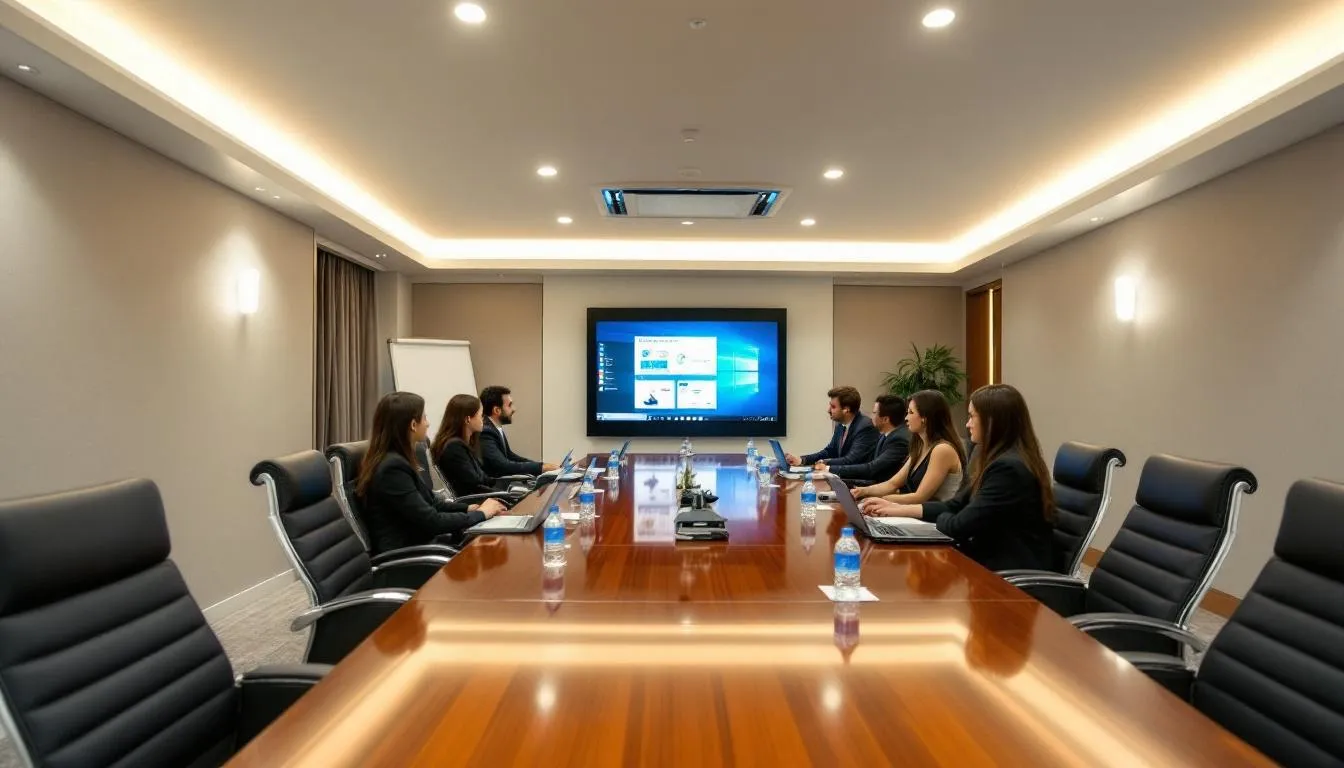
Hotel MICE covers all sorts of business-related events hosted on-site—from intimate board meetings in quiet rooms to large-scale trade shows that need expansive exhibition halls. Over time, the mice industry has grown into a complex ecosystem where hotels don’t just offer a place to stay—they provide full event solutions that bring professionals together for knowledge sharing, networking, and growing their businesses.
Did you know that about 85% of meetings in the U.S. happen at venues with lodging? That means over 275 million room nights each year are tied directly to the meetings industry. This highlights just how crucial hotels are in the world of mice tourism.
Business travelers attending MICE events behave quite differently from leisure guests. They usually book well ahead, stay for several days, and expect a range of support services—from cutting-edge tech setups to tailored catering. This creates golden opportunities for hotels to build long-term partnerships with companies rewarding their employees through incentive programs or regularly hosting corporate events.
Hotels cater to each type of MICE event by offering specialized spaces and services designed for their unique needs. Knowing the ins and outs of these four pillars—meetings, incentives, conferences, and exhibitions—helps hotels craft the right environments and services for business tourism clients. Each one demands different room setups, lengths of stay, and operational support.
Meetings are often single-day affairs held in hotel conference rooms or boardrooms. They’re the backbone of hotel MICE and can range from small executive gatherings with 10-20 attendees to large shareholder meetings with 500 or more participants, each needing different setups and support.
Meeting spaces need to be flexible, equipped with professional AV gear, fast WiFi, comfy seating, and climate control to keep everyone comfortable throughout long sessions. Many hotels also offer business centers with multiple breakout rooms for simultaneous meetings or overflow.
Catering is usually straightforward—think coffee breaks, business lunches, and snack stations placed to avoid interrupting presentations. Hotels often create package deals that bundle room rental, basic AV equipment, and refreshments at competitive prices to encourage repeat bookings from local companies.
Since meetings focus on decision-making and planning, hotels aim to provide quiet, distraction-free environments. Good lighting, ergonomic furniture, and soundproofing help set these spaces apart from generic conference rooms.
Incentive programs are where hotels really shine, offering travel rewards to employees at luxury hotels and resorts. This segment tends to be the most profitable because guests spend more and expect premium experiences. These packages usually include lodging, dining, and leisure activities that highlight the hotel’s full range of amenities.
All-inclusive incentive trips often mix team-building exercises with informal networking in hotel leisure spots like golf courses, spas, and recreational facilities. These stays typically last 2-5 days, giving participants a chance to enjoy multiple services while keeping a relaxed vibe that sets incentive tourism apart from formal meetings.
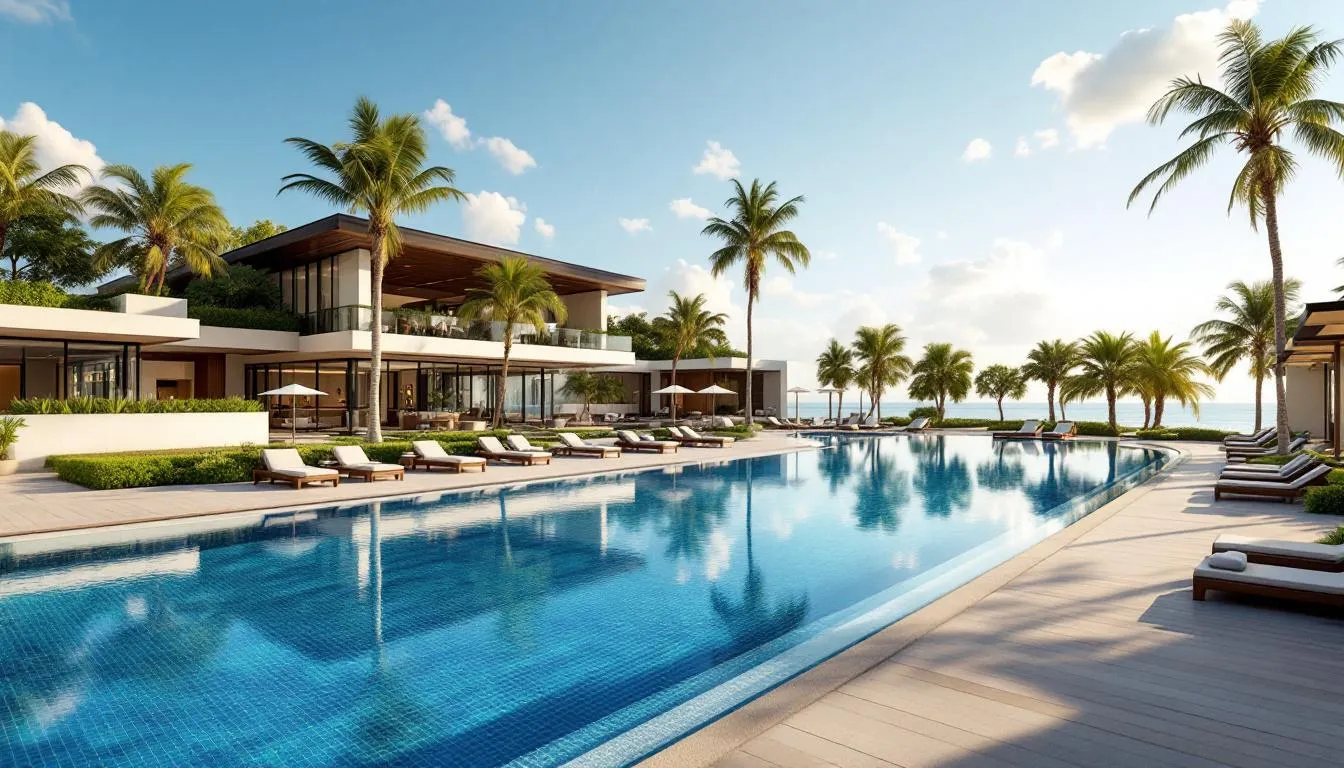
Hotels that focus on incentive business invest in crafting memorable experiences tied to company recognition programs. This might mean exclusive dining, private beach access, adventure outings, or cultural tours that make the stay truly unique.
Because incentive guests tend to spend more, hotels can charge premium rates and build strong ties with corporate clients who regularly reward their top performers. Many successful incentive hotels partner with local attractions and service providers to offer experiences competitors can’t match.
Conferences are bigger, multi-day events lasting anywhere from 2 to 7 days. They’re a chance for hotels to showcase their full event capabilities, requiring large ballrooms, multiple breakout rooms, and various dining options to handle complex schedules.
These events often feature guest speakers, workshops, and networking sessions, so hotels provide dedicated coordinators and tech support teams to manage quick room changes and equipment setups. Supporting hundreds or even thousands of attendees tests every part of hotel operations, from housekeeping to catering.
Conference services might include registration desks, signage, and coordination with outside vendors like photographers or entertainers. Some hotels invest in modular walls that let them quickly reconfigure rooms to fit different group sizes or activities.
Attendees often add leisure days before or after the conference, boosting revenue through extra room nights and spending. Smart hotels create packages encouraging early arrivals or late departures to maximize income while enhancing the guest experience.
Exhibitions and trade shows are the grandest events in hotel MICE, needing large exhibition halls and plenty of floor space. These multi-day events, often lasting 3-7 days, attract thousands of exhibitors and visitors, generating huge demand for hotel rooms and services.
Hotels often team up with convention centers or offer integrated venues combining exhibition space with lodging, dining, and meeting rooms—all under one roof. This setup is a big plus for exhibitors and attendees who want the convenience of staying right where the action is.
Managing the hundreds or thousands of group bookings from exhibitors, visitors, and vendors requires careful coordination. Hotels must balance group rates with potential lost revenue from individual bookings, making revenue management crucial.
Special services for exhibitions include freight handling for materials, enhanced security, extended food service hours, and shuttle coordination to transport attendees between venues. These large events often lead to long-term partnerships with industry associations that rotate their events among different cities.
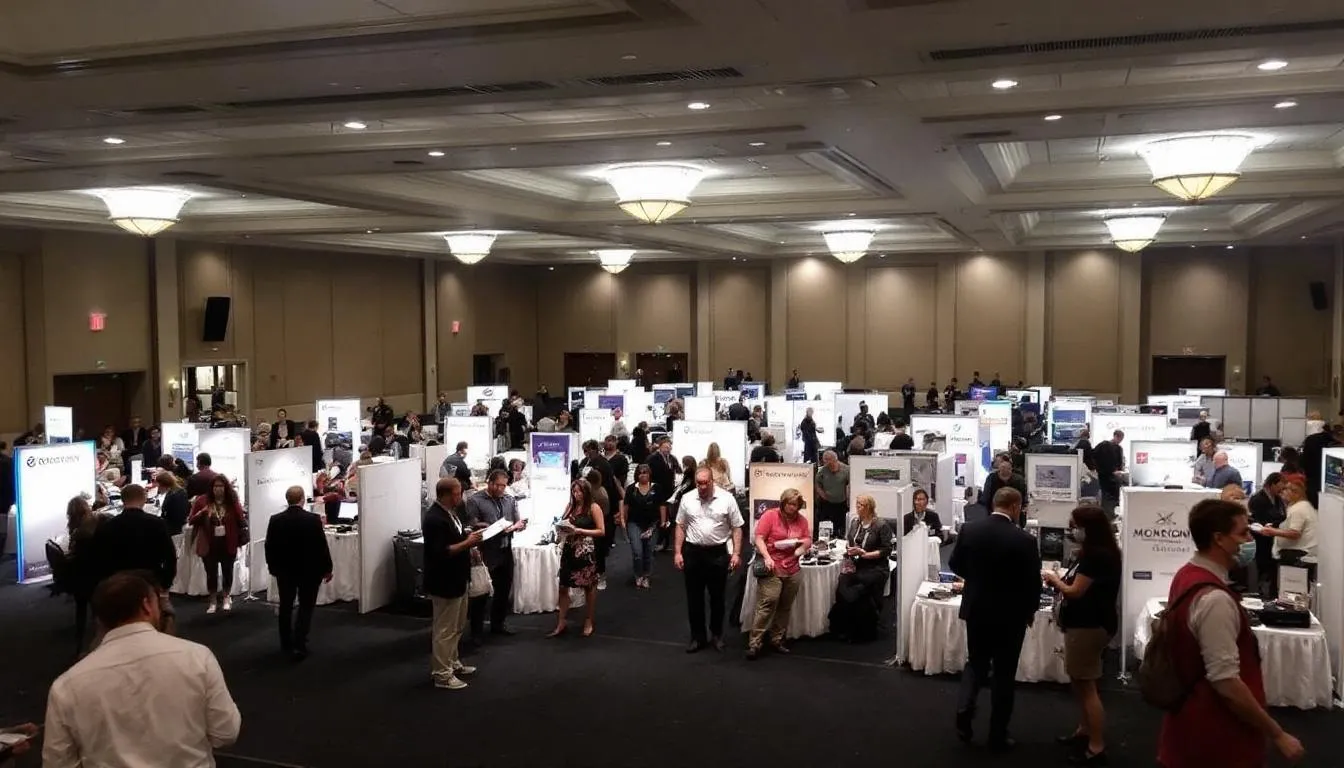
On average, MICE guests spend about 17.5% more than leisure travelers, opening up significant revenue beyond just room charges. This makes sense since companies often cover expenses, and attendees prioritize convenience and quality.
Guests from high-value sectors like pharmaceuticals, banking, IT, and retail usually book with bigger budgets for upscale rooms, dining, and extra services. These clients expect luxury amenities and are less sensitive to price, allowing hotels to maintain higher rates during MICE events.
Revenue streams from food and beverage, meeting packages, and additional services can even surpass room revenue for successful MICE operations. A large conference might bring in money from room rentals, multiple meals, coffee breaks, welcome receptions, AV equipment, business center use, spa treatments, and retail purchases.
MICE attendees tend to use hotel restaurants, bars, and room service more frequently than leisure guests, partly because it’s convenient and often covered by their companies. Many hotels create special dining packages that bundle meals with meeting space rentals, making billing easier for corporate clients.
Recurring annual events provide steady income, helping hotels forecast occupancy and staff needs well in advance. Associations, corporate training groups, and industry conferences often sign multi-year contracts, reducing marketing expenses and revenue uncertainty.
Year-round MICE bookings help hotels smooth out seasonal dips common in leisure travel, keeping occupancy rates higher even in traditionally slow periods.
Pulling off great MICE events requires more than your usual hotel amenities. You need conference rooms, ballrooms, and business centers equipped with top-notch tech and flexible layouts. Spaces should be designed to handle everything from small meetings to large conferences and exhibitions.
Dedicated MICE sales and event teams are a must for hotels serious about this market. These pros understand corporate clients’ unique needs, can juggle complex contracts, and coordinate multiple departments to deliver flawless events.
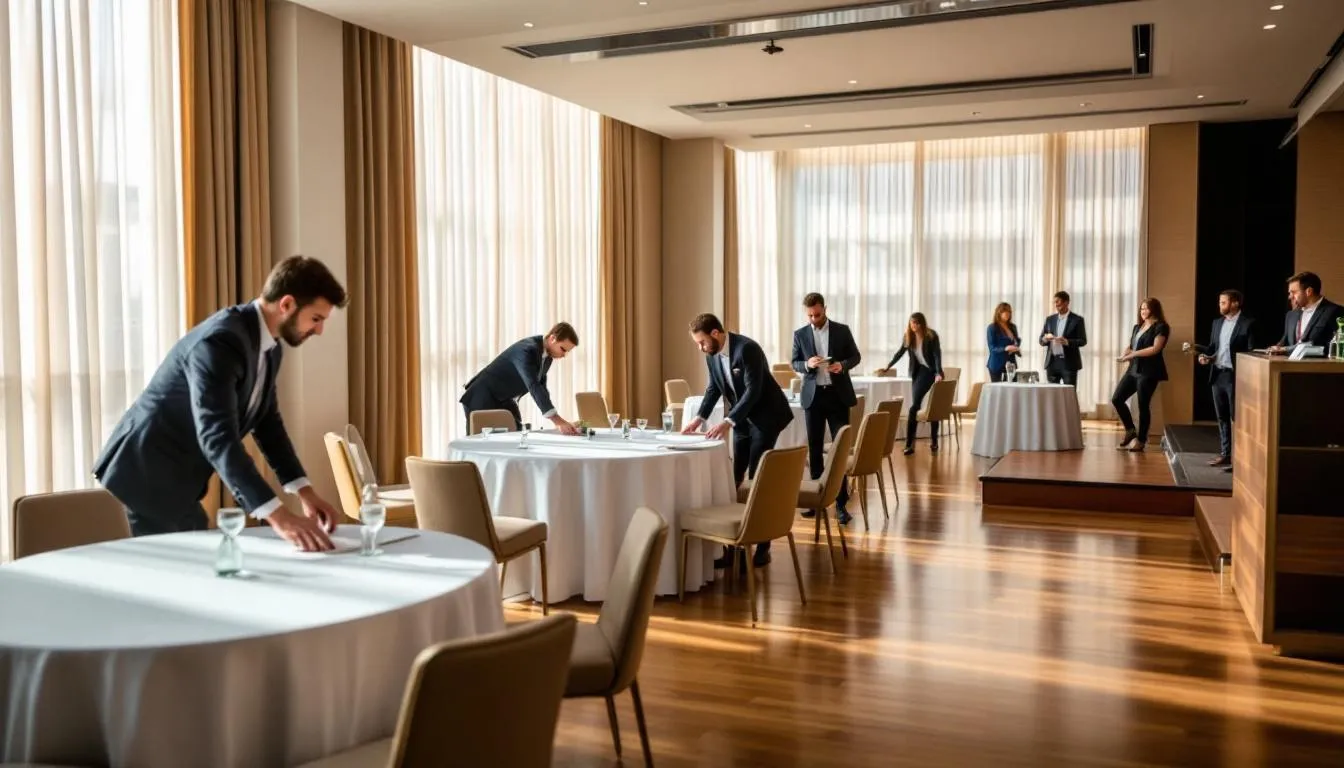
Tech-wise, hotels must offer reliable AV gear, blazing-fast internet, and on-site tech support. Redundant internet connections, professional sound systems, projectors, and lighting controls are baseline expectations. Tech staff should be on hand throughout events to quickly fix any issues.
Catering needs to be versatile—from simple coffee breaks to lavish gala dinners—with menus accommodating dietary restrictions and cultural preferences. Culinary teams must be prepared for all kinds of requests.
Managing group bookings and rooming lists is another critical piece. Hotels need software that can handle blocks of rooms, coordinate billing, and track individual guest preferences within large groups.
Partnering with local Destination Management Companies (DMCs) and event suppliers helps hotels offer full-service event packages, including entertainment, transportation, and specialized equipment, making their MICE offerings even more attractive.
Event management software is now essential for hotels competing in the MICE space. These platforms integrate with property management systems to streamline group bookings, scheduling, and billing—making complex logistics much easier to handle.
Hybrid and virtual event capabilities have become crucial since COVID-19 pushed many organizations to blend in-person and remote participation. Hotels need streaming tech, virtual collaboration tools, and support to host hybrid events that reach attendees anywhere.
Smart meeting room tech with automated lighting, climate control, and AV systems controlled via apps or presets enhances attendee comfort and cuts staffing costs.
Mobile apps for event navigation and engagement improve the guest experience and provide hotels with data on attendee preferences and behavior. Features might include interactive maps, networking tools, session schedules, and links to hotel services like room service or spa bookings.
Business intelligence platforms help hotels analyze MICE performance—tracking spending, space use, customer satisfaction, and revenue optimization—to guide strategic decisions on investments and services.
Seamless PMS integration ensures consistent service for MICE guests, with front desk staff accessing event info, coordinating billing, and sharing guest preferences across departments.
As the MICE market grows, so does the demand for skilled professionals. Industry experts expect steady growth in meetings and events, opening up diverse roles for those with hospitality know-how and event management skills.
Success in MICE careers requires flexibility to handle shifting event needs, strong communication to coordinate stakeholders, and problem-solving to tackle complex logistics. Tech savvy with event software and AV gear is increasingly important.
MICE sales managers build relationships with corporate clients, pursuing group business from small meetings to large conventions. They need to understand corporate decision-makers, craft compelling proposals, and negotiate complex contracts involving multiple parties.
Event marketing specialists promote hotel MICE services through trade shows, industry publications, and social media, connecting with meeting planners and corporate travel managers.
Revenue managers analyze booking trends, forecast demand, and set pricing strategies that balance group and individual bookings to maximize profits.
Account managers nurture long-term corporate partnerships, ensuring great service and finding ways to expand business with repeat clients.
Conference services managers oversee event execution, coordinating hotel teams and vendors to ensure smooth delivery. They manage timelines, solve problems, and serve as key contacts during events.
Banquet managers handle catering operations, from coffee breaks to gala dinners, working with chefs to create menus and accommodate special dietary needs.
Event coordinators manage logistics like room setups, signage, equipment, and transportation, ensuring every detail runs smoothly and backup plans are ready.
Technical support specialists handle AV and IT needs on-site, staying updated on tech trends and quickly resolving any glitches.
With more hotels chasing MICE business, standing out is tougher than ever. Properties must find unique selling points and keep prices competitive in crowded markets.
Client expectations keep rising, especially around technology and sustainability. Corporate customers want cutting-edge tech and venues that align with their green initiatives.
Seasonal swings and capacity management remain challenges, as many MICE events cluster in certain months, leaving others quiet. Hotels need strategies to balance demand year-round.
Hybrid and virtual event formats continue evolving, requiring hotels to invest in tech and rethink service models to support both in-person and remote attendees.
Personalization is key—business travelers expect tailored experiences and smooth tech integration. Hotels must use guest data wisely while respecting privacy.
Green and sustainable event practices are no longer optional. Hotels must implement energy-saving, waste-reducing, and locally sourced programs to meet corporate social responsibility goals.
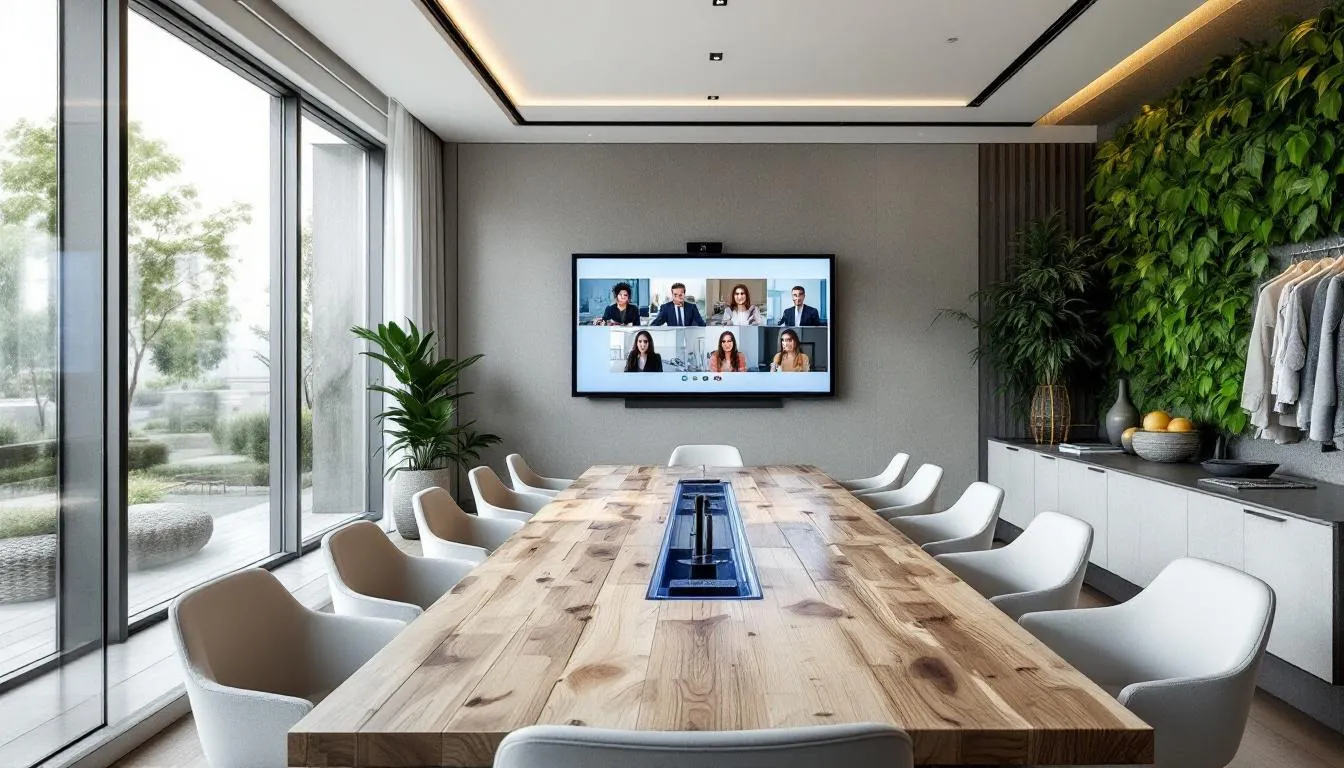
Start by assessing your current spaces and tech. Look at your meeting rooms, AV gear, catering capacity, and staff skills to spot gaps before diving in.
Plan investments carefully—prioritize flexible meeting spaces, reliable tech, and strong support systems before marketing your MICE events capabilities.
Train your team with specialized programs covering group bookings, event coordination, corporate communication, and tech support to deliver standout service.
Market your MICE offerings through industry channels, trade shows, and by building relationships with local corporate travel managers and event planners.
Partner with industry associations and DMCs to tap into established networks and get referrals. These partnerships also provide valuable insights into local demand and competitors.
Track your ROI with key metrics like revenue per available room, ancillary income, customer acquisition costs, and client retention specific to MICE.
Hotel MICE is one of the most profitable opportunities for properties willing to invest in the right facilities, technology, and expertise. Success means understanding the unique needs of each MICE event type and building operations that deliver exceptional experiences for corporate clients.
Hotels that get MICE events right enjoy higher-value business, premium rates, extra revenue streams, and strong client loyalty. The upfront investment in facility upgrades and staff training pays off through increased occupancy rates, better revenue per guest, and reduced marketing costs thanks to repeat business.
As the mice industry evolves with new tech and changing corporate demands, hotels that stay flexible and keep service quality high will lead the way. The future belongs to those who can blend traditional hospitality with innovative event solutions to meet the complex needs of today’s business travelers.